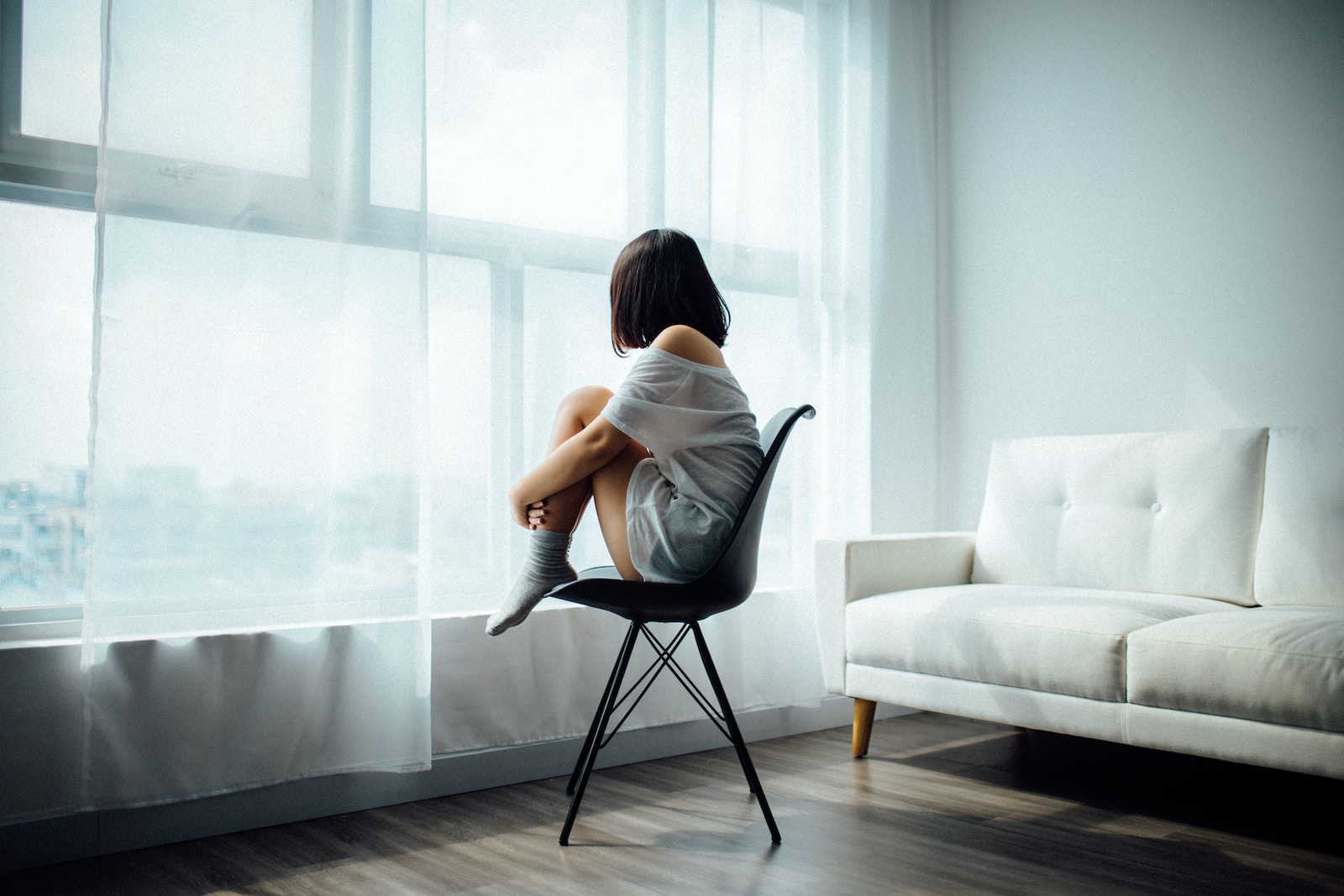![]()
At our organization, we understand that anxiety is a prevalent mental health issue, and women are more likely to experience anxiety symptoms than men. Therefore, we have created this comprehensive guide to help women understand anxiety symptoms and provide them with strategies to manage their symptoms effectively.
What is Anxiety? Anxiety is a mental health condition characterized by excessive fear and worry about future events. Anxiety can manifest in different ways, such as physical symptoms, emotional symptoms, or cognitive symptoms. Women may experience anxiety symptoms more often than men due to hormonal differences, societal pressures, and other environmental factors.
Symptoms of Anxiety in Women: Anxiety symptoms in women can vary from person to person, but some common symptoms include:
- Physical Symptoms:
- Rapid heart rate
- Sweating
- Trembling
- Shortness of breath
- Dizziness or lightheadedness
- Fatigue
- Gastrointestinal problems
- Emotional Symptoms:
- Restlessness or feeling on edge
- Irritability
- Excessive worry
- Difficulty concentrating
- Feelings of apprehension or dread
- Avoidance of anxiety-provoking situations
- Cognitive Symptoms:
- Catastrophizing
- Negative self-talk
- Perfectionism
- Rumination
- Overgeneralization
Strategies to Manage Anxiety: There are several effective strategies that women can use to manage their anxiety symptoms, including:
- Cognitive Behavioral Therapy (CBT): CBT is a form of talk therapy that helps individuals identify negative thinking patterns and replace them with more positive and constructive thoughts. CBT is effective in treating anxiety disorders and can be done individually or in a group setting.
- Mindfulness Meditation: Mindfulness meditation is a technique that involves focusing on the present moment and accepting thoughts and feelings without judgment. Research has shown that mindfulness meditation can reduce symptoms of anxiety and stress.
- Exercise: Regular exercise can help reduce anxiety symptoms by releasing endorphins, which are natural mood-boosters. Exercise also helps reduce muscle tension and improve sleep, both of which can contribute to anxiety.
- Breathing Techniques: Breathing techniques, such as diaphragmatic breathing, can help reduce symptoms of anxiety by slowing down the body’s physiological response to stress.
Conclusion: At our organization, we recognize the impact that anxiety can have on women’s mental health and overall well-being. We hope this comprehensive guide provides helpful information for women experiencing anxiety symptoms and helps them manage their symptoms effectively. Remember, if you are experiencing severe anxiety symptoms, it is essential to seek help from a mental health professional.
graph LR
A[Stressful Event]
A --> B(Perceived Threat)
B --> C{Fight or Flight?}
C -->|Fight| D(React)
C -->|Flight| E(Avoid)
D --> F(Short-Term Relief)
F --> G(Increased Anxiety)
E --> G
G --> A
